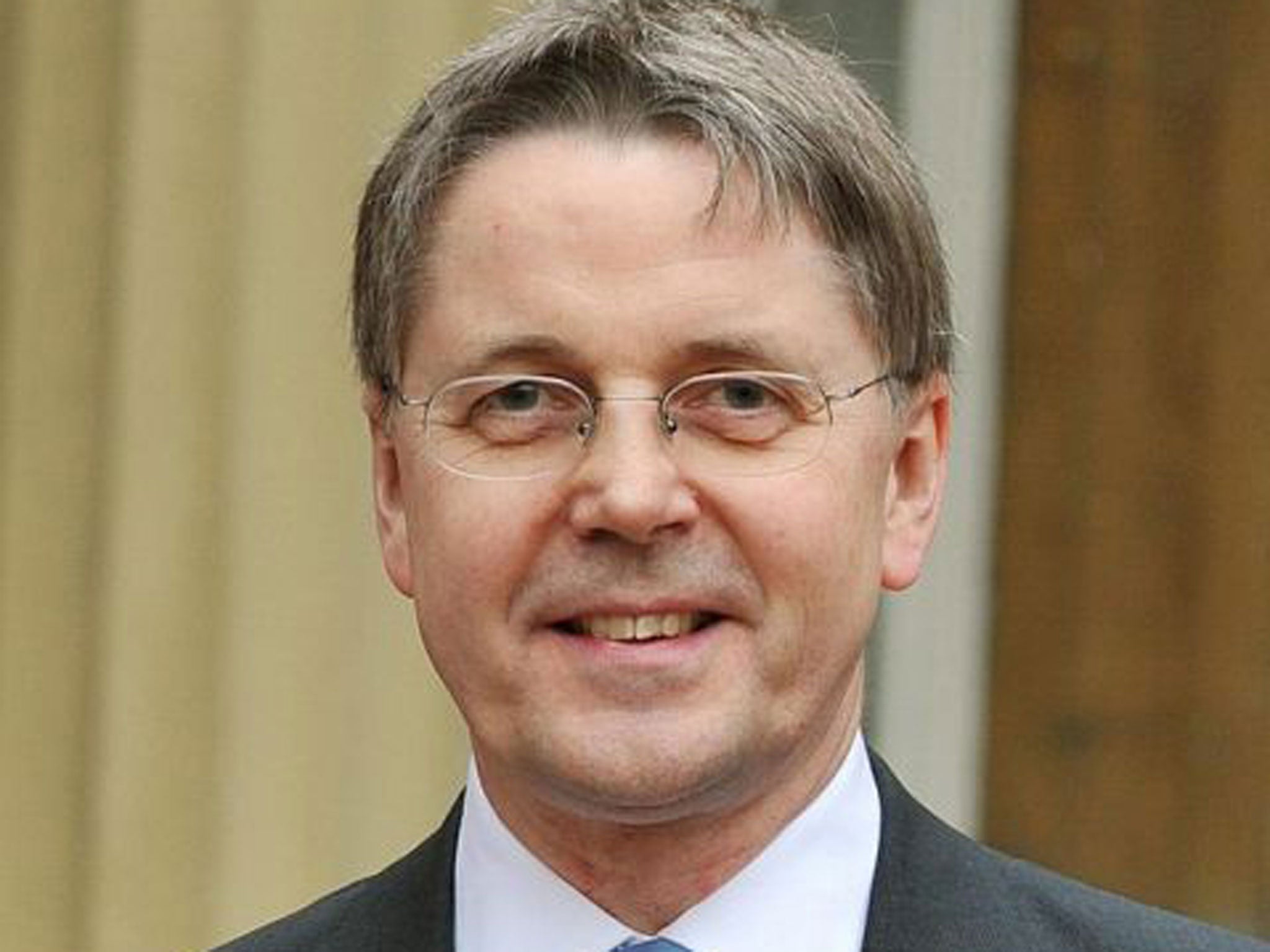Plebgate may have been a ‘gigantic conspiracy’, admits man who let it lie
MPs give top civil servant Sir Jeremy Heywood a rough ride over Mitchell inquiry ordered by PM

Britain’s most senior civil servant was aware that the Government’s former Chief Whip Andrew Mitchell may have been the victim of a “gigantic conspiracy” when he was fighting to save his job - but did not raise his concerns with the police, it emerged today.
Sir Jeremy Heywood, the Cabinet Secretary, admitted that his review of CCTV evidence in the aftermath of Mr Mitchell’s confrontation with Downing Street protection officers left a number of “unanswered questions”. But despite his concerns he did not raise the matter either with the Metropolitan Police Commissioner, Sir Bernard Hogan-Howe, or the Independent Police Complaints Commission (IPCC).
“We accepted that there were unanswered questions including the possibility of a gigantic conspiracy or a small conspiracy,” he told MPs on the Commons Public Administration Committee. “Those were unanswered questions but we decided on balance to let matters rest as they were.”
His admission drew the ire of MPs questioning him, who suggested his failure to pursue the evidence allowed the career of a senior cabinet minister to be unnecessarily sacrificed.
“Don’t you think [the] fundamental problem with your investigation [was that you] weren’t asked to get to the bottom of it? You didn’t feel it was your obligation to get to the bottom of it, and by failing to get to the bottom of it the Government lost its Chief Whip,” said the committee chair, Bernard Jenkin.
But Mr Heywood rejected the charges. He also denied claims by senior Government sources, reported in The Independent, that he and David Cameron had not pursued their suspicions against the police because they had not wanted to damage relations further with the officers protecting senior politicians. That was “not a consideration”, he said.
During an hour of often hostile questioning, Sir Jeremy said that he had been asked by Mr Cameron to conduct a short inquiry into whether emails sent – purportedly by the member of the public who witnessed the altercation – to the Government’s Deputy Chief Whip should alter his decision to stand by Mr Mitchell.
But despite beginning his inquiry on the day the Downing Street police logs were leaked to the media, Sir Jeremy insisted he had not taken these into consideration when assessing the CCTV images of the incident. “I did not think it was appropriate for me to investigate the police log or necessary,” he said. “My review – set by the Prime Minister - was into the emails, not the police log.”
Asked whether he felt he need to investigate the police log – which has subsequently shown to be significantly at odds with CCTV, he replied: “No - I reported my findings to the Prime Minister and it was then up to him to decide to take it forward, and he took the view that we should draw a line under the episode and let Andrew Mitchell carry on.” Mr Mitchell eventually resigned several weeks later.
Sir Jeremy also suggested he did not have the time to get to truth of the incident. “It would not have been realistic to expect me to arbitrate between the police officers in Downing Street and Andrew Mitchell,” he said. “I don’t have the powers, I certainly don’t have the time and frankly both sides had decided to draw a line under it.”
Asked why he didn’t raise his concerns with the police or the IPCC, he repeated: “My report was for the Prime Minister.”
Speaking afterwards, Alun Cairns, one of the members of the committee who questioned Sir Jeremy, said the Cabinet Secretary had clearly not investigated all the evidence. “What surprised me was that he looked at it [the evidence] in isolation rather than bringing it together,” he said. “And if he brought them all together, that clearly showed significant questions or serious questions that probably should have brought to the police or the IPCC’s attention.”
Join our commenting forum
Join thought-provoking conversations, follow other Independent readers and see their replies
Comments
Bookmark popover
Removed from bookmarks